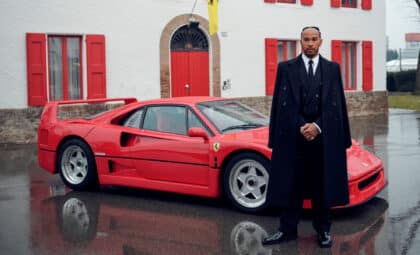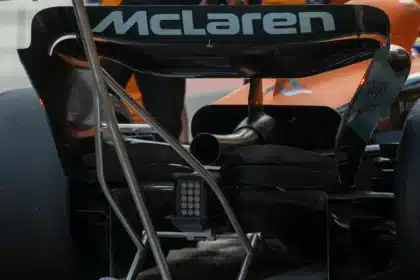 Photo: Toyota
Photo: Toyota
Toyota Motor North America’s executive vice president of sales, Jack Hollis, believes the U.S. market and infrastructure are simply not ready for mass adoption of electric vehicles.
“I don’t think the market is ready,” he said at a webinar hosted by the Automotive Press Association. “I don’t think the infrastructure is ready. And even if you were ready to purchase one, and if you could afford it…they’re still too high.”
Long Term: Toyota vehicle reliability beats rivals, survey says
Inflation and interruptions to the global supply chain have made it increasingly difficult for customers to buy cars, and soon, the cars they can buy won’t be the ones they want, Hollis surmises. The Biden administration aims for 50% of all new U.S. vehicle sales to be electric by 2030, which Hollis doesn’t think is realistically achievable.
“It took 25 years to get to less than 10% (market share) for hybrids — which is affordable, which is done with resources that are available,” he said. “The consumer isn’t demanding it at that level. The consumer is not screaming, ‘30% or 40% by tomorrow.’ And when you start pushing consumers into things they’re not ready for, some other consequence will occur.”
Despite being the world’s leader in hybrid automotive sales and technology, Toyota has been criticized for hesitating to invest fully into EV development. The automaker has preferred to focus on more hybrids as well as plug-in hybrids and hydrogen fuel cell vehicles, insisting that they better reflect what Americans want or need.
Hollis’s position is not without flaws. A recent poll shows that U.S. voters support a full transition to electric cars by 2030. EV sales are accelerating, with EV market share doubling in the first half of 2022 compared to the same period in 2021. In fact, EV manufacturers are currently unable to meet demand, and with a new $7,500 tax credit going into play, the cost of purchasing an EV can be offset (though the price is still high, in part because of demand).
Tesla, the only U.S. automaker that builds exclusively EVs, also cannot meet demand for its vehicles despite high production output compared to other EV manufacturers, and its consumers are willing to wait as long as a year to take deliveries. Toyota has so far launched only one EV, which had to be recalled because its wheels would fall off and has otherwise received only average reviews. If it had an impressive roster of EV vehicles, it could find renewed consumer interest.
That said, even Tesla is nowhere near the total production numbers of top dogs like Toyota or Volkswagen. Sure, there’s demand for EVs that EV manufacturers cannot meet, but is that demand high enough to replace half the market by 2030? There’s a good chance the Ford F-Series, Chevrolet Silverado, and Ram Pickup alone will outsell all U.S. EVs combined for the whole year. Would consumers buy 150,000 EV trucks every month even if they were available?
Given how well EVs are trending right now, it seems perfectly possible for their market share to overtake that of traditional, combustion cars as long as manufacturers actually build ones that consumers find appealing. Demand doesn’t appear out of thin air. Since when do companies wait for consumers to show desire for a product before making it? It’s up to them to make their products desirable.
Kurt Verlin was born in France and lives in the United States. Throughout his life he was always told French was the language of romance, but it was English he fell in love with. He likes cats, music, cars, 30 Rock, Formula 1, and pretending to be a race car driver in simulators; but most of all, he just likes to write about it all. See more articles by Kurt.








